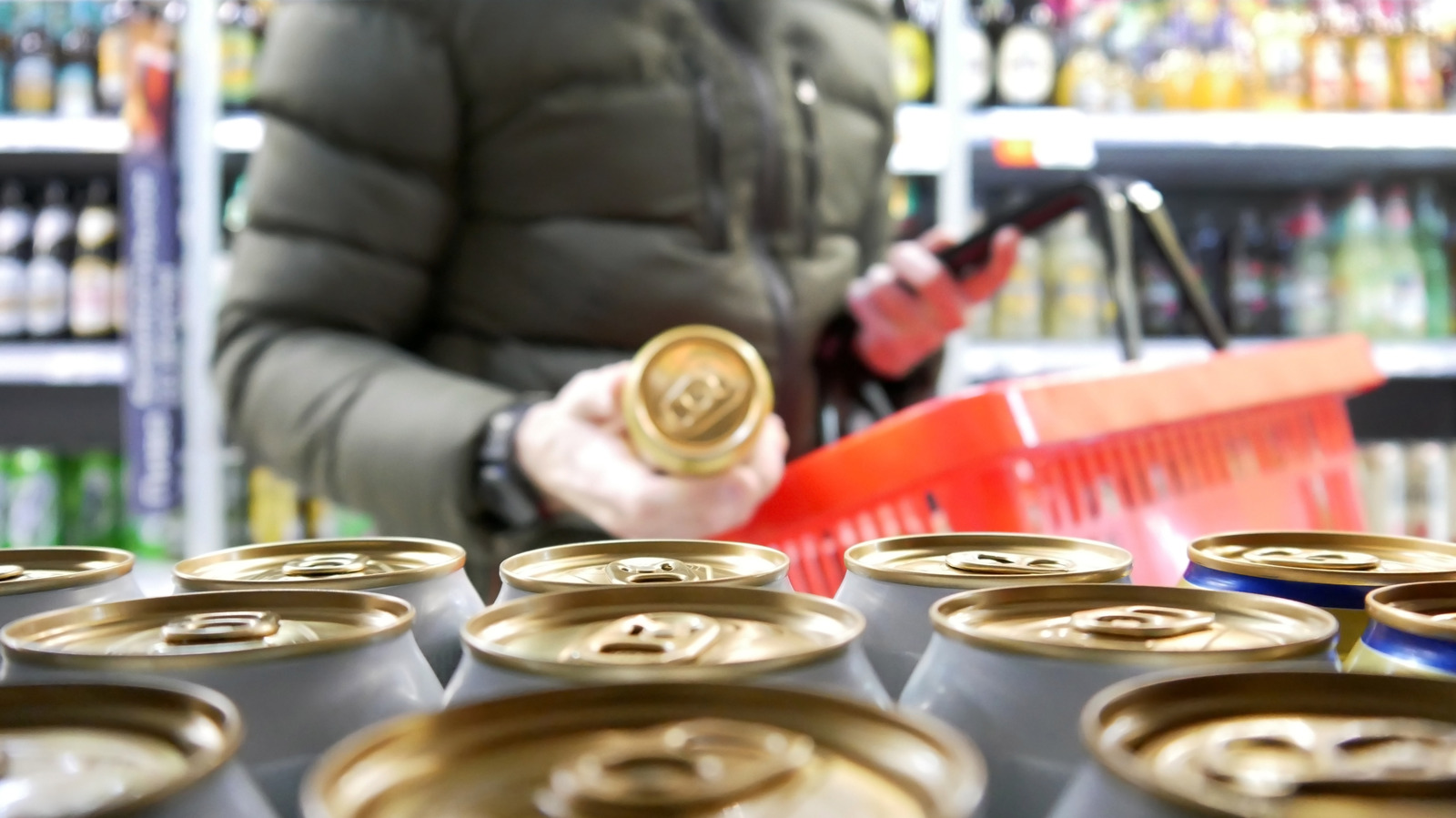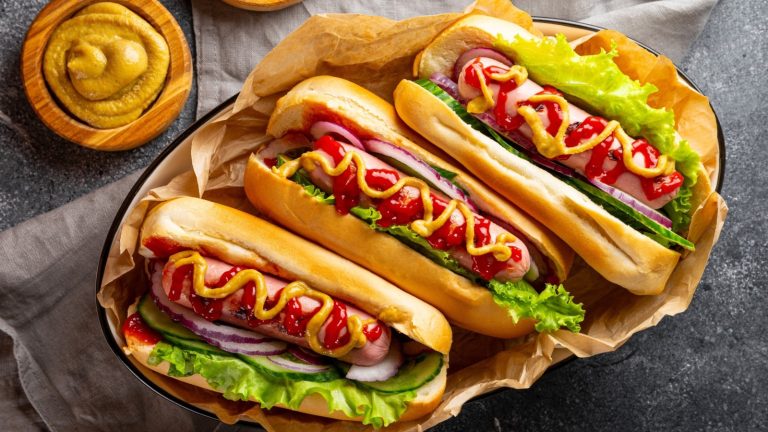While it’s best to stick to the grocery list, it’s hard to resist picking up an impulse purchase along the way. With its wide availability of craft and import options, the beer aisle is usually where we find our prize. It might be impossible to keep all the beers in this aisle cold, but is there a difference between the beer stored cold and the ones kept out on the shelves? To find out, we spoke with the head brewer at Threes Brewing, Josh Penney.
While storing beer outside of the fridge is common, Penney says it’s not the ideal choice for a few reasons. “Temperature is one of the most important aspects of beer freshness/storage. Chemical reactions and degradations occur more quickly at higher temperatures,” he says. Properly storing beer at the right temperature is essential, otherwise you’ll be left with a disappointing brew. The higher the heat, the more quickly your beer will oxidize.This process wildly affects the flavor of your beer, taking away lively notes of fruit and hops, and swapping them out with a dull, stale taste.
So, if you do buy a case of beer stored at room temperature, you might want to slide it into the fridge when you get home. (And if you have respect for your brews, never store them warm.) “There’s something called the 3:30:300 rule. The same amount of flavor loss will occur in 3 days at 90°F, 30 days at 72°F, and 300 days at 38°F,” Penney says.
Few brews can take heat
While it’s generally a good rule of thumb to keep your beer cold and crisp, there’s an exception to every rule — this one included. “Certain beer styles are ok to store ‘warm,'” expert brewer Josh Penney says. “Things like barrel-aged barleywines/stouts (without adjuncts) and mixed culture saisons are great examples of flavor development happening with long-term storage.” So, for all lovers of these unconventional beers, there’s no need to sweat if your fridge is full. Oxidation might negatively impact the flavor of other brews, but the chemical reactions that happen here often lead to more well-rounded flavors. For the best results, store these beers anywhere in your home where the temperature is below 65 degrees Fahrenheit.
Every brew is unique. While a few can benefit from room temperature storage, most will do best in the fridge. Before you buy a new beer, learn the proper way to store it to avoid a lackluster drink. “The best way to store bottles that have a cork is on their side. Much like wine bottles, if a cork dries out, you will begin to get oxidation. Bottles with caps should be stored upright,” Penney says. Whether you have bottles or cans, beer usually lasts longer when kept in a cool, dry place. If longevity is what you want, keep that rule of thumb in mind. Still, for the absolute best brew, always do your own research to find out what your beer likes best.






